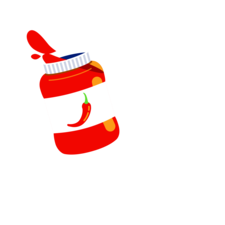Install Steam
login
|
language
简体中文 (Simplified Chinese)
繁體中文 (Traditional Chinese)
日本語 (Japanese)
한국어 (Korean)
ไทย (Thai)
Български (Bulgarian)
Čeština (Czech)
Dansk (Danish)
Deutsch (German)
Español - España (Spanish - Spain)
Español - Latinoamérica (Spanish - Latin America)
Ελληνικά (Greek)
Français (French)
Italiano (Italian)
Bahasa Indonesia (Indonesian)
Magyar (Hungarian)
Nederlands (Dutch)
Norsk (Norwegian)
Polski (Polish)
Português (Portuguese - Portugal)
Português - Brasil (Portuguese - Brazil)
Română (Romanian)
Русский (Russian)
Suomi (Finnish)
Svenska (Swedish)
Türkçe (Turkish)
Tiếng Việt (Vietnamese)
Українська (Ukrainian)
Report a translation problem







































































































































































































































Scorched Earth can have a similar effect, eating copies of White Lie in discard to close matches out in the same manner as Rapid Fire.
Planning works in Diplomacy decks to double-dip Solid Point. It also helps get value from Magnetic Charm.
Appeal to Reason works well with Good Impression decks.
Likewise, Swift Rebuttal can also recycle Appeal to Reason once you get the latter's cost to zero.
Evil Eye is another soft Escalation counter.
After that do duplicity with the doubt card then double it with weakness, a doubt card stacks onto one of the doubt argument so your damage is exponential. I ran a 5 cards deck and could apply 16 doubts in 2 turns which was basically when I won the negotiation.